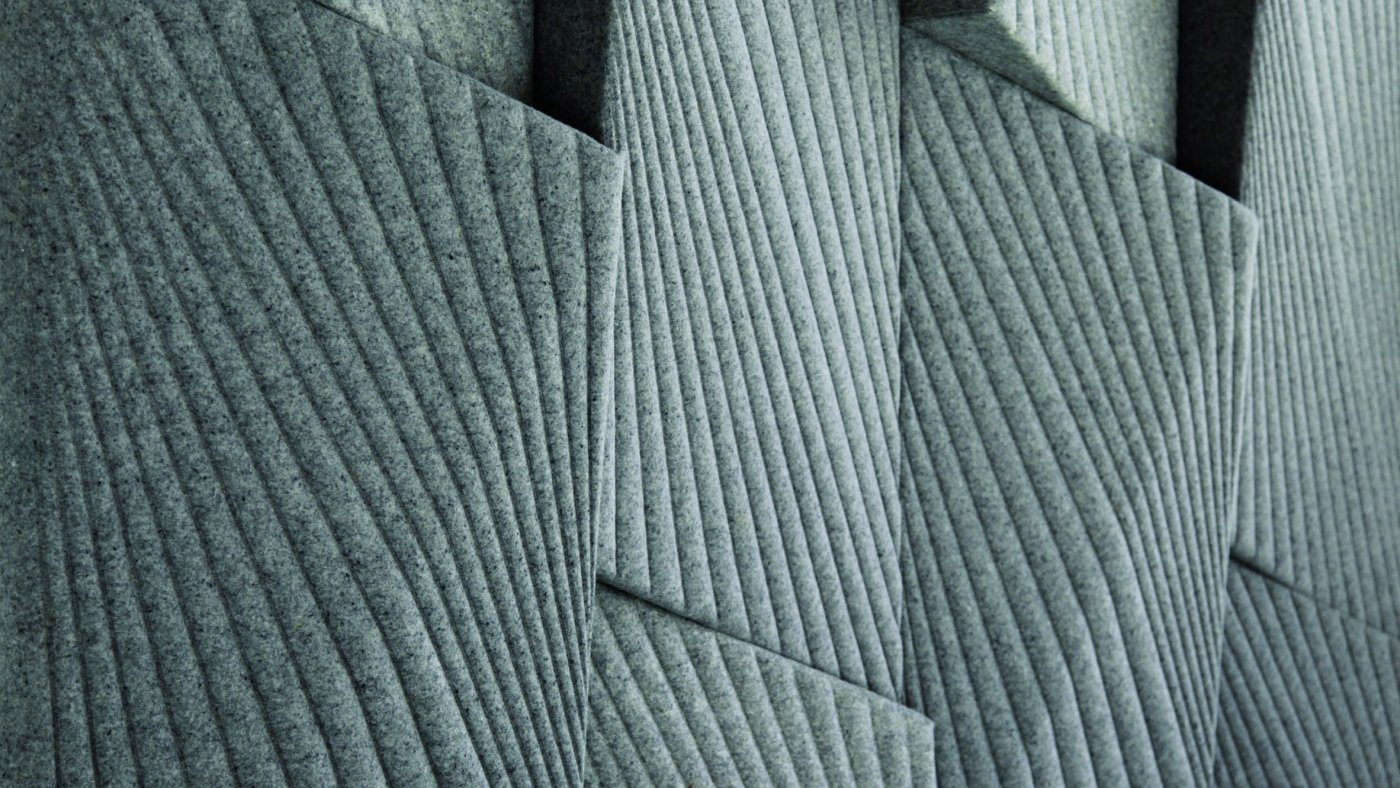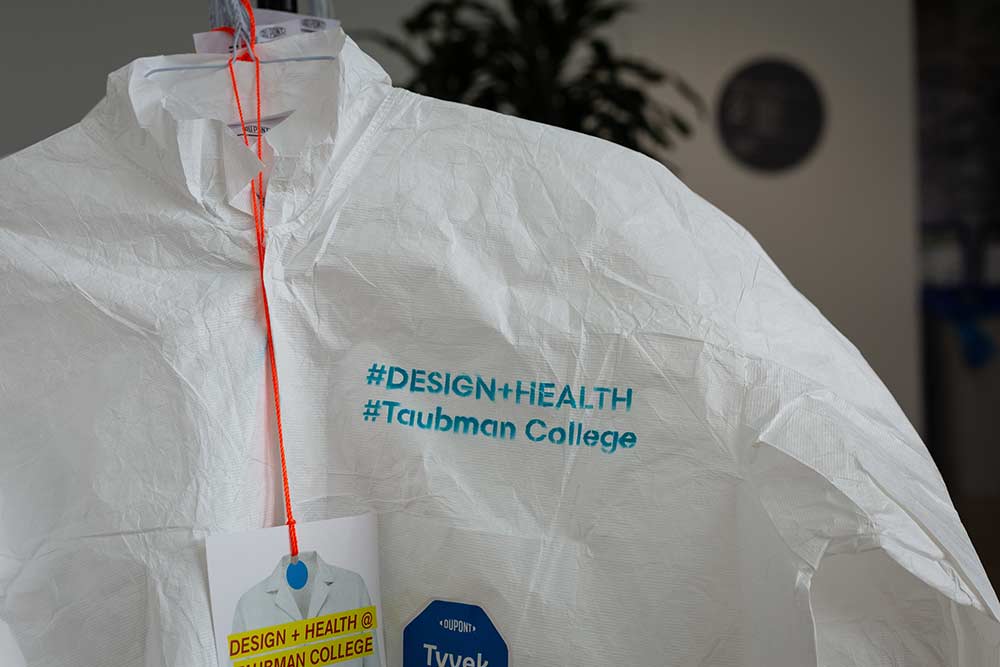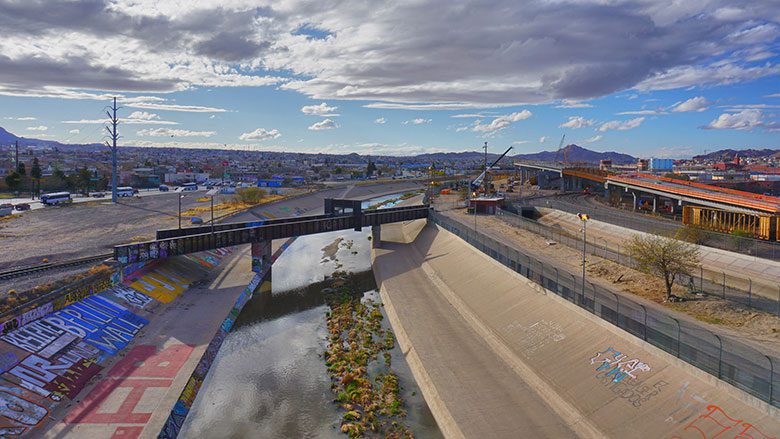Research Clusters and Themes
/ Architectural Computational Design and Construction
The Architectural Computational Design and Construction Cluster (ACDCC) comprises faculty and Ph.D. students whose research domain and design work leverage computational design and digital fabrication processes. Technological and material innovations are directed toward impactful building practices, including resilient infrastructures and an environmentally and socially sustainable built environment. ACDCC teams collaborate with interdisciplinary partners and industries to address societal needs at the material, building, and infrastructural scales.

/ Equitable Housing
The Collective for Equitable Housing (CEH) is an interdisciplinary research group focused on housing and urban communities. Through collaborative and project-based research, the team seeks to convene expertise and resources from architecture, urban planning, real estate, and related fields to identify and address emerging issues and opportunities afforded by new technologies, changing market conditions, and shifting policy priorities.

/ Design and Health
The Design and Health group studies the intersection of health and design and interprets this nexus broadly regarding subject matter and scale. They explore wearable devices, furniture and ergonomics, immersive spaces and XR, hospitals and other institutional buildings, and urban design. Their motivation is to increase accessibility, inclusion, equity, and alterity in the face of many current and historical examples of design-driven health inequality, redlining, disabling urban environments, and institutional facilities that lack access to natural light.

/ Water
Faculty engage in a diverse set of water-driven research initiatives across scales and geographies. They view water as an invaluable and finite resource. The built and natural environments cannot exist without them, yet human interaction with water comes with risks. Finding new ways to live with water is among the most urgent priorities in the planning of urban regions across the globe.

